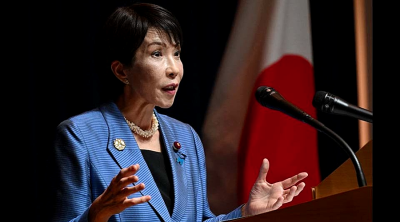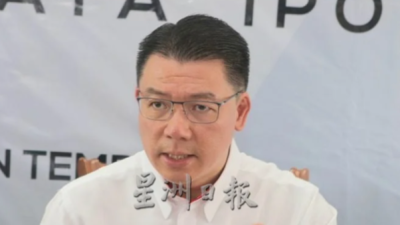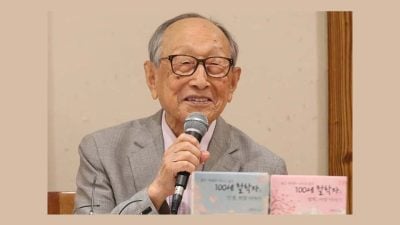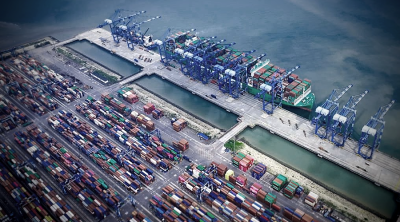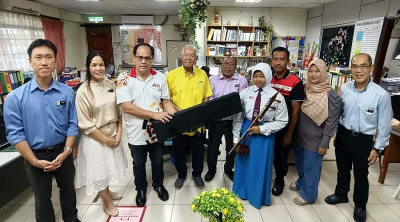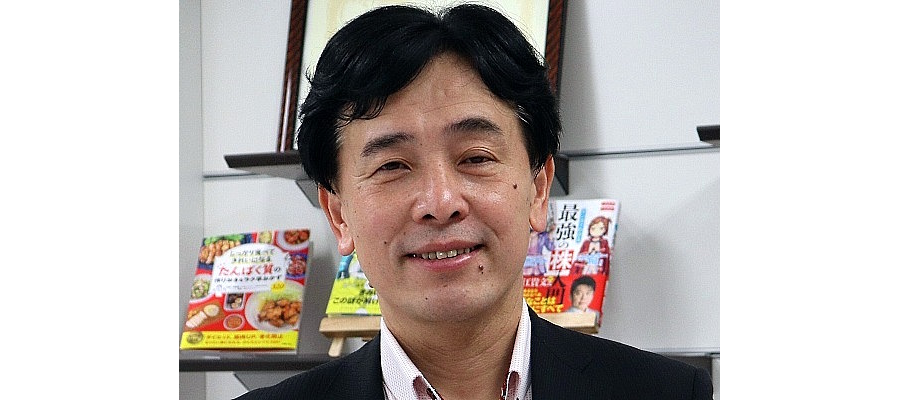
In April 2025, the Trump administration announced that it would impose reciprocal tariffs on more than 75 countries.
It claimed that the United States’ huge trade deficit was caused by other countries’ “unfair trade practices,” and set different reciprocal tariffs for each country, ranging from 10 to 50 percent, as a means of correction.
This policy is a threat to traditional global multilateralism and clearly violates the spirit and rules of the World Trade Organization (WTO).
However, this move should not be seen merely as a threat, but as an opportunity to rebuild the free trade order.
In particular, Japan and ASEAN chair Malaysia, which have benefited from the free trade order, should shoulder the heavy responsibility.
Concerns about ‘power diplomacy’ through a chain of bilateral negotiations
The Trump administration has imposed a 90-day moratorium on additional reciprocal tariffs.
Although other countries strongly oppose the Trump administration’s strategy, they are rushing into bilateral negotiations with the United States.
By negotiating with more than 75 countries simultaneously in a limited timeframe, there is a risk that this will lead to “power diplomacy,” with the United States pressuring each country individually and extracting unilateral concessions from relatively weaker countries, which could undermine the foundations of the rules-based international order.
Originally, under the WTO system, all member countries, whether large or small, were guaranteed equal rights and obligations, and fairness, which was not influenced by the size of power, was the basis of the system.
The international community is required not only to confront the United States, which is seeking individual concessions, but also to reaffirm multilateralism and vigorously defend the rules-based principle.
Reverse thinking: Harnessing Trump’s bargaining power for free trade
Despite the above concerns, the imposition of reciprocal tariffs could be an opportunity for the world to rebuild the free trade order.
In other words, it would encourage the equal application to all WTO members of the concessions, such as the relaxation of non-tariff barriers and the opening of agricultural markets, that the United States has extracted from its partners in bilateral negotiations.
This would transform individual concessions into multilateral liberalization, thereby increasing the centripetal force and legitimacy of the WTO.
In this way, the United States itself can justify the interests of its domestic industries by extending them to the global market, and avoid diplomatic isolation. In essence, the idea is to turn the results of Trump-style negotiations into “international public goods.”
There have been similar experiences in the past.
The Trans-Pacific Partnership (TPP), led by the United States, was the result of an accumulation of bilateral negotiations and agreements between countries.
Although the United States, which led the negotiations, withdrew from the TPP, many of the results of the negotiations were carried over into the 11-country Comprehensive and Progressive Agreement for Trans-Pacific Partnership (CPTPP).
Moreover, the FTA concluded between the United States and Jordan in 2000 explicitly stipulated labor standards and environmental protection obligations in addition to the existing liberalization targets.
A groundbreaking effort at the time was the WTO’s Doha Development Agenda (DDA), which led to the inclusion of the environment as one of the agenda items for multilateral negotiations.
The current Trump administration’s reciprocal tariff policy could also contribute to trade liberalization around the world by reflecting the results of bilateral negotiations in the WTO framework.
We should reinterpret the Trump administration’s bilateral approach as a transitional step toward strengthening the international order.
This shift in thinking is what is needed now.
A step-by-step strategy for realization
Based on these historical lessons, a strategic, incremental approach is essential to turn the Trump administration’s tit-for-tat tariff policy into an opportunity to restore the free trade order.
Specifically, the following three approaches are needed.
First, transparency and sharing of the results of the negotiations.
It is necessary to make the concessions that each country has made in bilateral negotiations with the United States visible not only domestically but also to the international community and to increase transparency.
This will promote the formation of common standards that can be applied by subsequent countries.
Second, a proposal to multilateralize the WTO.
Individual results of the Trump administration, achieved through bilateral negotiations, should be brought to the official agenda of the WTO, leading to the strengthening of the free trade system as a whole.
In particular, reducing non-tariff barriers and improving regulatory transparency are consistent with the WTO’s original role.
Third, the creation of a WTO reform package.
Taking advantage of this situation, we should undertake comprehensive reforms, such as restoring the WTO’s dispute settlement function, modernizing rules, strengthening transparency, and formalizing negotiations on new issues (digital trade and environmental trade).
We should seize the opportunity provided by reciprocal tariffs to not only defend the free trade order, but to proactively pursue bold reforms, which will serve as a long-term investment in global stability.
Turning the crisis into an opportunity
The Trump administration’s policy of tit-for-tat tariffs has shaken the international order to its core.
But if free trade advocates respond calmly and strategically, it is possible to turn this crisis into an opportunity to rebuild the free trade system.
To do so, cooperation among free trade advocates is essential.
In particular, Japan and Malaysia, the chair of ASEAN, as countries that have benefited from free trade, should work with the EU, Australia and other countries that support a rules-based order and actively contribute to these efforts.
Both Japan and Malaysia have participated in and experienced both RCEP and TPP/CPTPP, and have a responsibility to lead international efforts to maintain and promote the free trade system.
(Seiya Sukegawa is Professor at the Faculty of Political Science and Economics, Kokushikan University, Japan, and Visiting Professor, Thai-Nichi Institute of Technology, Thailand.)
ADVERTISEMENT
ADVERTISEMENT











